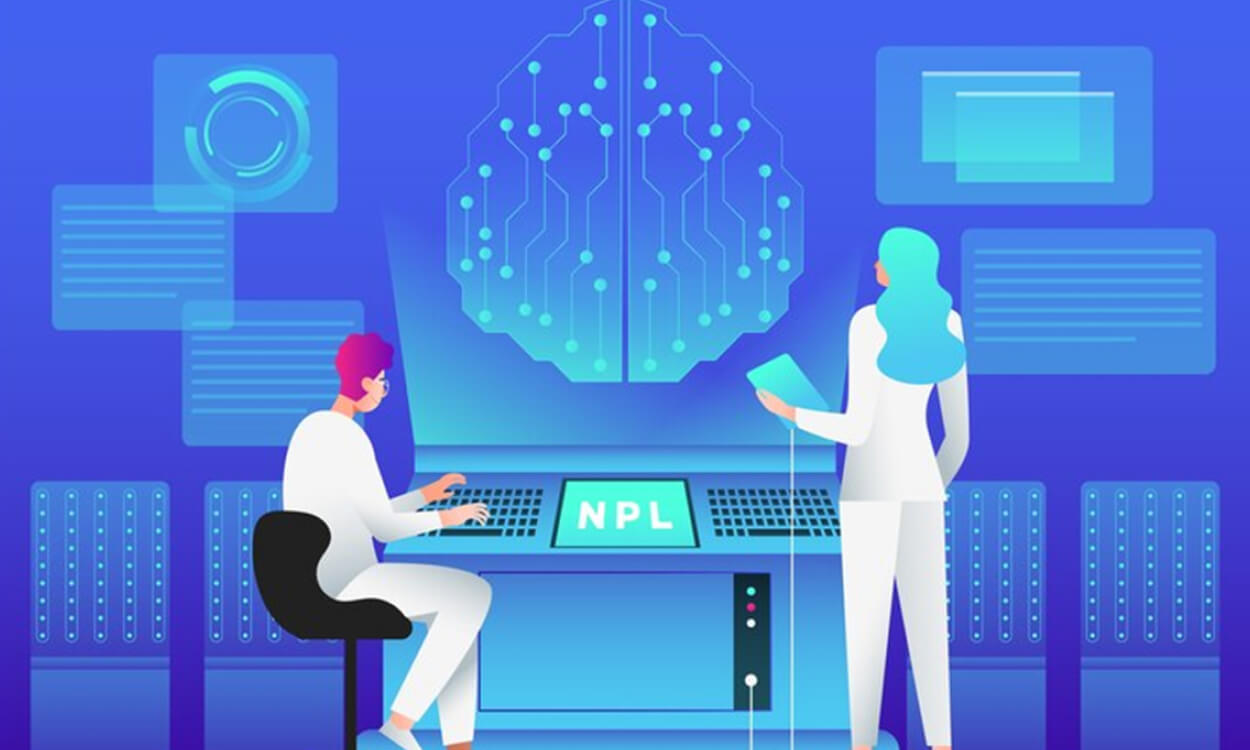The Role of AI and Machine Learning in Digital Engineering
July 24, 2024
Artificial intelligence (AI) and machine learning (ML) have emerged as revolutionary technologies in the fast changing field of digital engineering. These advancements not only improve the efficacy and accuracy of engineering processes, but they also change the way problems are viewed and solved.
Understanding AI and Machine Learning
Artificial intelligence (AI) is the replication of human intelligence in robots designed to think, learn, and make decisions. Machine Learning (ML), a subset of AI, is the application of algorithms and statistical models to help systems improve their task performance based on experience and data.
The Intersection of AI, Machine Learning, and Digital Engineering
Digital engineering is the application of digital technologies to design, analyze, and manage engineering projects. AI and ML are playing critical roles in enhancing digital engineering by providing capabilities that outperform traditional methodologies.
Here are a few important areas where AI and ML are having a substantial impact:
Design Optimization and Automation
AI and ML algorithms can evaluate massive volumes of data to find optimal design solutions, saving time and effort on design iterations. For example, generative design use AI to generate a plethora of design choices based on predefined limitations, allowing engineers to select the best potential design.
Predictive Maintenance
In engineering, equipment failure can cause considerable downtime and expenditures. ML algorithms can forecast equipment breakdowns by examining past data and recognizing patterns. This predictive maintenance strategy enables prompt interventions, saving downtime and extending equipment life.
Quality Control and Defect Detection
AI-powered image recognition and analysis tools are transforming quality assurance procedures. These devices detect faults in materials and products with more precision and speed than human inspectors. This ensures higher quality standards while reducing waste.
Simulation and Testing
AI and ML improve simulation and testing procedures by producing more accurate models and predictions. These technologies can simulate complicated situations and analyze the results, allowing engineers to better understand the behavior of systems under different conditions without the need for physical models.
Data-driven decision-making
Engineers frequently use data to make informed judgments. AI and machine learning can handle and analyze huge datasets, revealing previously unachievable insights. This data-driven approach allows for more accurate and efficient decision-making across the engineering lifecycle.
Enhancing Human Capabilities
AI and machine learning enhance human talents by automating regular activities, freeing engineers to focus on more complicated and creative elements of their work. These technologies can help with tasks like data analysis, design iteration, and risk assessment, boosting overall efficiency.
Applications of AI and Machine Learning in Digital Engineering
Let’s look at some specific uses of AI and machine learning in digital engineering:
Autonomous vehicles.
AI and machine learning form the foundation of autonomous car technologies. These systems employ data from numerous sensors to navigate, recognize impediments, and make real-time driving decisions, which improves transportation safety and efficiency.
Smart Cities.
AI and machine learning are being used to improve traffic management, energy usage, and public services in smart cities. These technologies help to develop sustainable urban environments by evaluating data and offering actionable insights.
Construction Management.
AI-powered project management systems enhance construction processes by forecasting project durations, costs, and resource requirements. ML algorithms use historical project data to improve scheduling, budgeting, and risk management.
Aerospace Engineering.
AI and machine learning are utilized in aerospace engineering to predict maintenance, optimize flights, and navigate autonomously. These technologies contribute to increased safety, lower operational costs, and greater overall efficiency of aircraft systems.
Benefits of AI and Machine Learning in Digital Engineering
The integration of AI and machine learning in digital engineering has various benefits:
- Increased Efficiency: By automating repetitive work and optimizing procedures, projects can be completed faster and at lower prices.
- Improved Accuracy: AI and ML algorithms deliver precise analysis and predictions, lowering the margin for mistake in engineering processes.
- Cost Savings: Predictive maintenance and optimization minimize downtime and resource waste, resulting in significant cost savings.
- Innovation: AI and machine learning allow for the discovery of impossible novel solutions and design possibilities.
Challenges of AI and ML in Digital Engineering
Improving data quality and availability
The efficacy of AI and ML models is strongly reliant on the quality and quantity of data available. Poor-quality data, insufficient datasets, or biased information might result in erroneous predictions and poor performance. Ensuring access to high-quality, comprehensive, and unbiased data is a crucial task for businesses.
Skill gap
The successful deployment of AI and ML in digital engineering necessitates a workforce with expertise in data science, machine learning, and AI technologies. There is an increasing demand for experts who can create, deploy, and manage AI and machine learning systems. Addressing this talent gap requires investing in education and training programs to provide engineers with the requisite knowledge and expertise.
Integration with existing systems
Integrating AI and machine learning technologies into existing engineering systems and workflows can be complicated and difficult. Compatibility concerns, data integration challenges, and the requirement for major infrastructure changes can all be impediments. Organizations must carefully plan and carry out the integration process to ensure smooth adoption and minimal interruption.
Wrapping It Up
Artificial intelligence and machine learning are transforming digital engineering by providing strong tools for design, analysis, and decision-making. These technologies improve efficiency, accuracy, and innovation across multiple engineering disciplines. As we face problems and seize opportunities, the future of digital engineering will definitely be determined by the continuous growth and integration of AI and machine learning.




